Sometimes when I get wound up, excited or nervous my voice will rise and rise until I am nearly shouting and don't realize it. This was a big problem when I was a child and would be interrupted mid-sentence as adults would scold me to, “use your inside voice, Erica.” At the time it as very embarrassing to be told this, but the truth is that using an “inside voice” can be more effective in communication than shouting.
I didn't always realize this with my horses, because actual voice aids are not as frequently used as physical or visual aids are. I almost never used my voice before I began taking Dressage lessons, then my first Dressage instructor kept prodding me to use my voice more. But using an “inside voice” with the horse isn't limited to the aids generated by our vocal chords.
Sensitive Horses
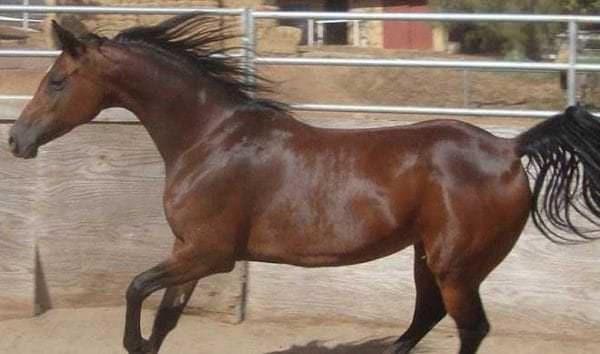 When I was living in Washington and getting my first tastes of French Classical Dressage, we were tasked with working a couple of the school horses each week to help keep them fresh, lively and interested. As the year moved along the opportunity rose to work with a petite but fiery Arabian mare boarded at the farm. I can't think of a single time I saw her owner, she hadn't been ridden in too many years to remember. And no one was volunteering to lead her to and from her daily turn-out paddock.
When I was living in Washington and getting my first tastes of French Classical Dressage, we were tasked with working a couple of the school horses each week to help keep them fresh, lively and interested. As the year moved along the opportunity rose to work with a petite but fiery Arabian mare boarded at the farm. I can't think of a single time I saw her owner, she hadn't been ridden in too many years to remember. And no one was volunteering to lead her to and from her daily turn-out paddock.
I can't remember now if I was looking forward to working with her on lunging and in-hand training, but she had a lot to teach which I came to find out.
She would become offended during work and become vocal herself over it. Not a whinny or neigh or snort, but little grunts and squeals. There wasn't a hint of aggression or evasion with it, just her way of being communicative.
If I used the amount of pressure or “noise” I used with the other horses she was a constant eruption of spooking, bolting, balking, prancing, jigging, grunting and squealing. She'd want to run when you asked for slow or halt, and she'd refuse to move when you asked for her to go. People watching her be worked commented about her being “difficult”, “sensitive” and “hot”.
Since there were no deadlines surrounding her progress I let myself relax and instead of progress I focused on playing and engaging her.
What she taught me was my “normal” level of volume was way too loud. I practiced being as quiet as possible with my actions and requests. To be lighter than I thought possible with the aids, and to do less than nothing.
Over a matter of a few days she transformed into a quiet, relaxed and calm Arabian. She responded immediately and confidently to every request I made of her.
Dull Horses
Sometimes dull horses need you to quiet down too. They can be so overstimulated that they are no longer responding, but instead have checked out. But don't we want a horse who is thinking, feeling, communicating with us all the time?
When we are loud with our aids it is easy for them to become a jumble to the horse – he can't figure out what we're trying to say. Imagine stepping into a room with 40 people all talking loudly. Good luck eavesdropping on any single conversation. But make all 40 people whisper and you can pick and choose which conversation to listen to by adjusting your attention.
Just Shut Up Already
Horses can't do what my parents did when I was a child, literally telling us to “use your inside voice!” We have to pay close attention to what the horse is communicating back to us so we can improve our riding and training skills.
We can ride with the force of less than nothing if we give ourselves the freedom to play with and learn from our horse. Can you even fathom less than nothing?
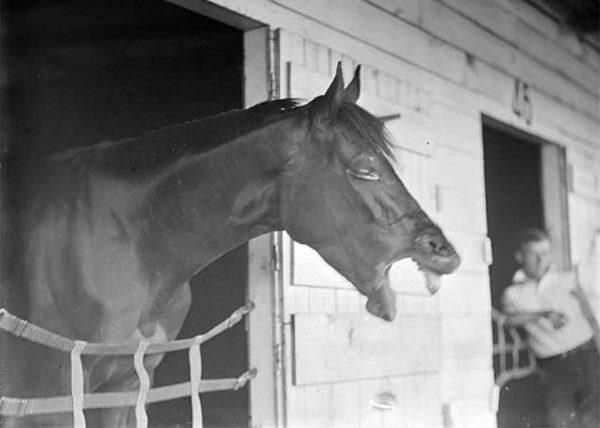
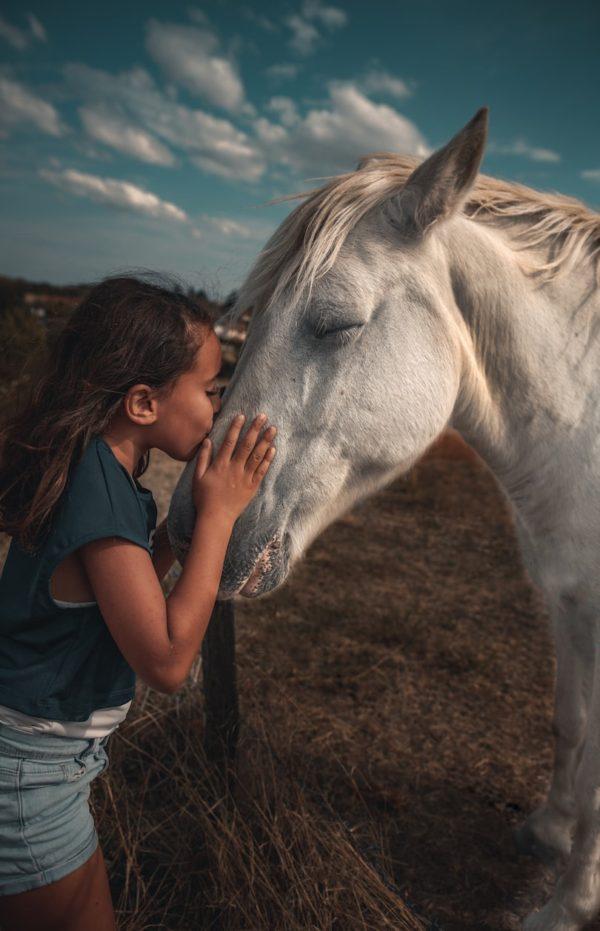
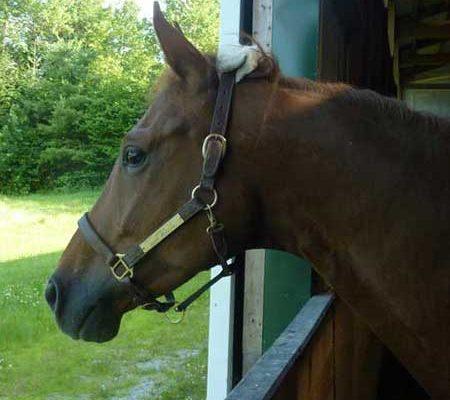
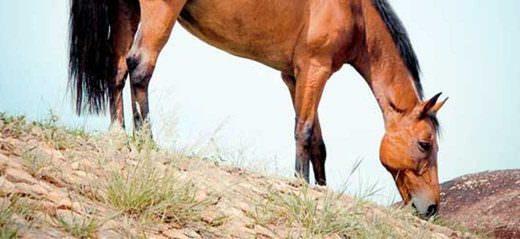
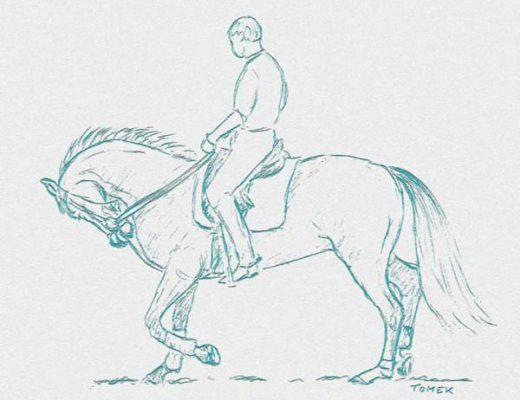
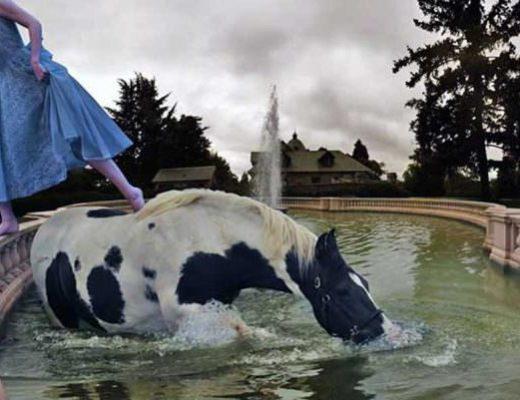
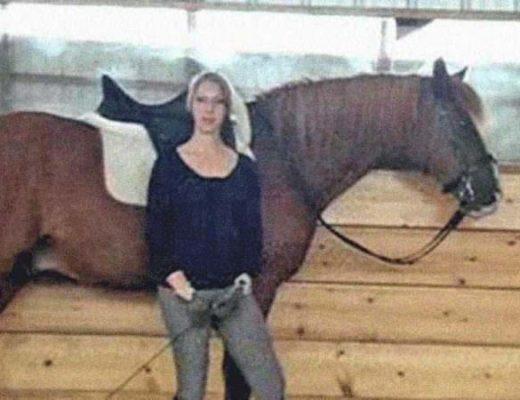
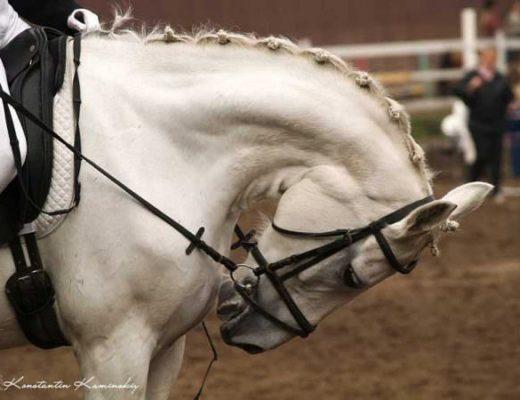
I like this idea Erica. So many people get so nervous with loud noises. My husband is like that. I am half Italian and very expressive. Loud was big in my family. It just does not work for him. I did not have to change who I am, he loves me but I am sensitive to his nervous system.
To get the best out of our horses, our children, animals, workers etc. I think it is essential to be empathetic and in tune. Clearly you are both those things.
hugs,
Sue
Sue,
Agreed – there are times when I am more and less sensitive to loud noises as well. I also know that when I’ve spent time with various teachers (school, college, equestrian, etc), the ones which naturally command their class and the attention are not those who are loud and boisterous, but the soft spoken and quiet. They don’t need to fight for leadership through the volume of their voice but it comes from something deeper and stronger. 🙂
Cheers!